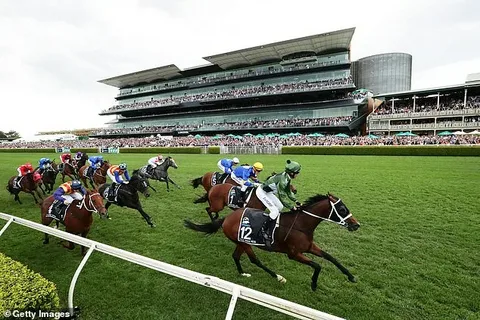Horse racing is one of the oldest and most popular betting sports in the world. Whether you’re a seasoned bettor or just starting out, understanding the dynamics behind betting odds can greatly improve your chances of making informed wagers. In this article, we’ll explore the top factors that influence horse racing betting odds, helping you decode what goes on behind the numbers.
1. Horse Performance and Form
One of the most crucial factors affecting odds is the horse’s recent performance, commonly referred to as “form.” Bookmakers analyze a horse’s recent races, finishing positions, margins of victory or defeat, and consistency. A horse that has won several recent races or has steadily improved is more likely to have shorter odds.
Key indicators of good form include:
- Finishing in the top 3 in recent races
- Improving times and fewer mistakes
- Consistent performance across different tracks
2. Jockey and Trainer Reputation
The reputation and experience of both the jockey and the trainer play a significant role in determining odds. A top jockey with a high win rate or a trainer known for preparing horses to peak at the right time will generally attract more betting interest, thereby shortening the odds.
How this impacts odds:
- High-profile jockeys often lead to increased betting volume
- Trainers with a strong track record can sway public perception
3. Track Conditions and Weather
Track conditions — also known as the “going” — can greatly affect a horse’s performance. Some horses perform better on firm ground, while others excel in muddy or soft conditions. Changes in weather leading up to the race can dramatically shift betting odds.
Track types to consider:
- Turf
- Dirt
- Synthetic
Each surface affects horses differently, and odds adjust based on how well a horse is expected to perform under those specific conditions.
4. Public Betting Trends and Market Movements
Another one of the top factors that influence horse racing betting odds is the flow of public money. When a large number of bettors back a particular horse, the odds for that horse will shorten to reflect the volume of bets. Conversely, horses receiving little attention will have longer odds.
This is important because:
- Odds don’t just reflect probability—they also reflect popularity
- Sudden shifts in odds can indicate insider knowledge or last-minute changes
5. Post Position and Race Type
The starting gate position, or post position, can also influence betting odds, particularly in shorter races or on tracks with tight turns. Some positions offer a clear advantage due to track design.
Additionally, the race type (maiden, claiming, allowance, or stakes) affects the competition level, and odds are adjusted accordingly.
Conclusion
In summary, the top factors that influence horse racing betting odds include the horse’s form, the skills of the jockey and trainer, track conditions, public betting behavior, and race-day logistics like post position. By keeping these in mind, you can make more educated betting decisions and possibly improve your success rate at the track.
Understanding these top factors that influence horse racing betting odds doesn’t guarantee a win, but it certainly helps level the playing field between casual and seasoned bettors.


